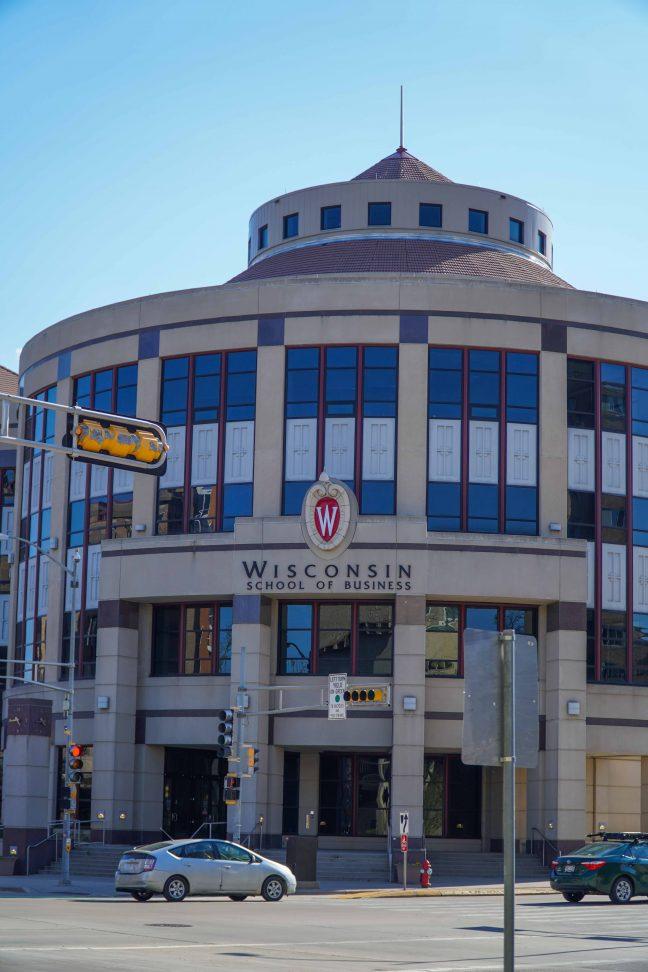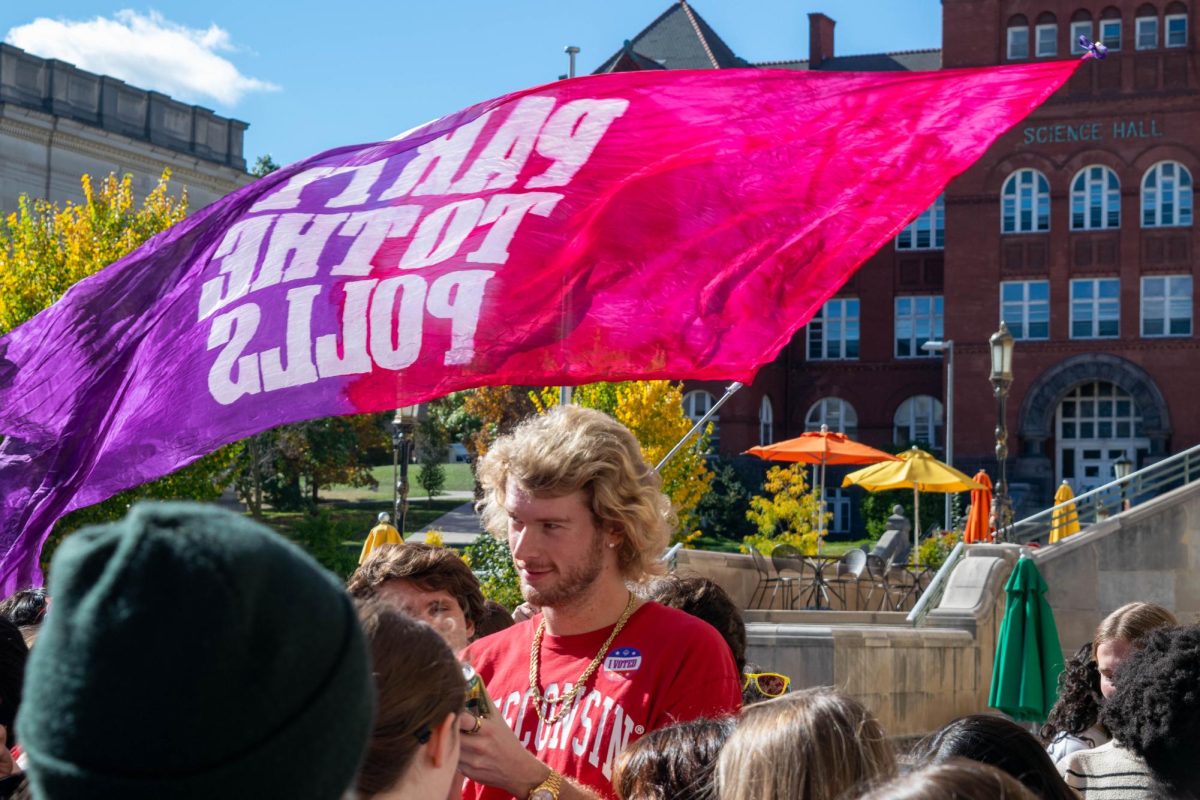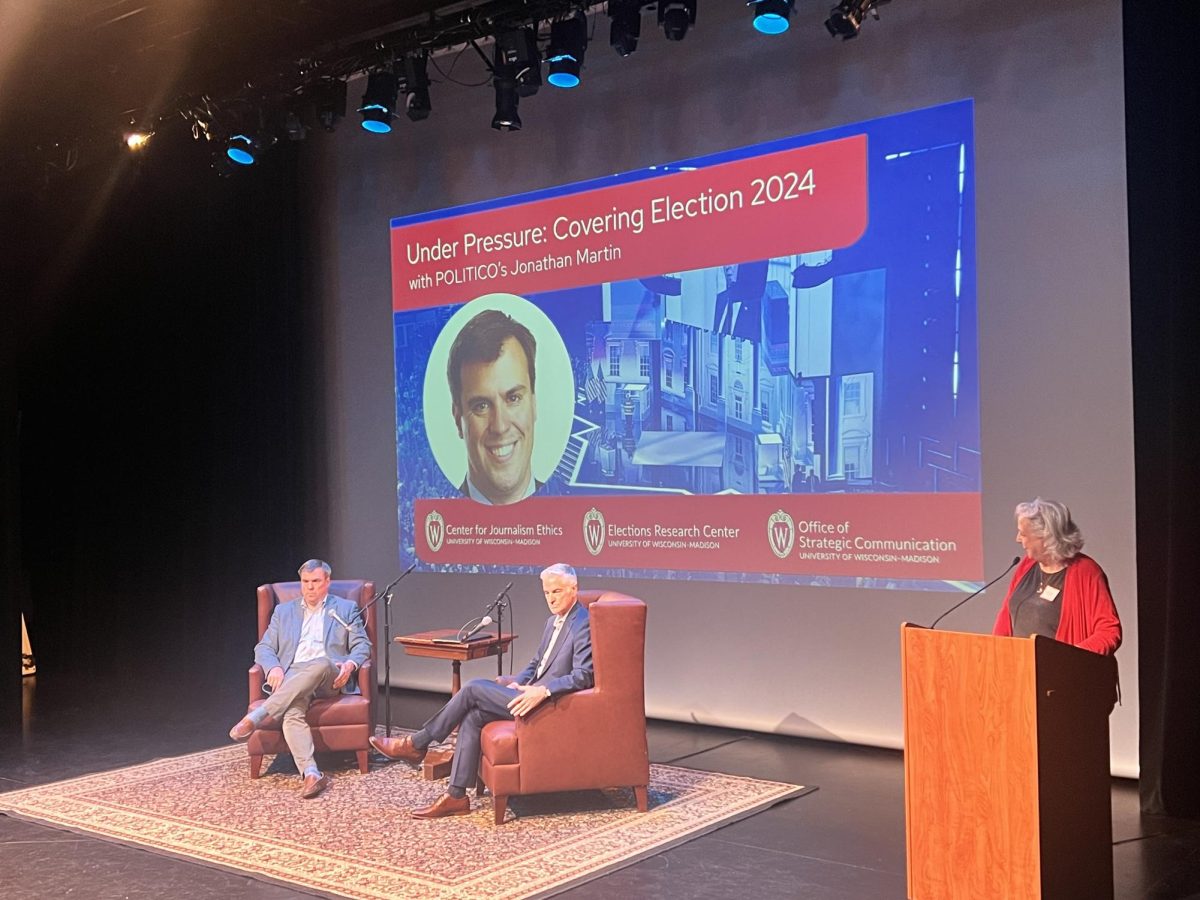As American citizens grapple with the Sept. 11 tragedy in various ways, the end product remains the same: Americans want security. Although citizens want assurance that another terrorist attack will not plague the United States, increased security may bring restrictions on civil liberties.
The U.S. government and business leaders are prepared to take steps to prevent another terrorist attack. Restrictions on various liberties have already begun.
Clear Channel Communications, a Texas-based company that owns approximately 1,170 radio stations around the country, has created a list of 150 songs they deem inappropriate in our nation’s time of mourning. Clear Channel circulated the list of songs and urged its stations to avoid playing the songs.
According to The New York Times, the no-play list includes songs such as the Gap Band’s “You Dropped a Bomb on Me” and Soundgarden’s “Blow Up the Outside World.”
Some critics agree these songs may be inappropriate.
However, musicians and critics alike argue that some listed songs should not be banned because they have little or no literal connection to the tragedy; examples include “Benny and the Jets” by Elton John and “I Go to Pieces” by Peter and Gordon.
In addition, all Rage Against the Machine songs have been named questionable.
“If our songs are ‘questionable’ in any way, it is that they encourage people to question the kind of ignorance that breeds intolerance — intolerance which can lead to the kind of censorship and the extinguishing of our civil liberties, or at its extremes can lead to the kind of violence we witnessed,” Tom Morello of Rage Against the Machine told The New York Times.
In addition to censored songs, Attorney General John Ashcroft is pressing Congress for several new anti-terrorism laws that would allow an expansion of electronic surveillance and give law-enforcement officials increased power. Courts will retain the power to hear challenges to the restrictions on civil liberties implemented as a result of the attacks. However, many lawyers are convinced that the majority of judges will defer to government officials in their reviews of such measures.
Extending wiretapping efforts could impinge on civil liberties.
UW professor Herbert Kritzer said there is a connection between civil liberties and measures currently being taken.
“There is an inevitable tension between civil liberties and security,” Kritzer said.
Kritzer said he is also concerned with increased use of wiretapping because conversations not related to criminal activity have the potential to be revealed, causing undue embarrassment and humiliation.







